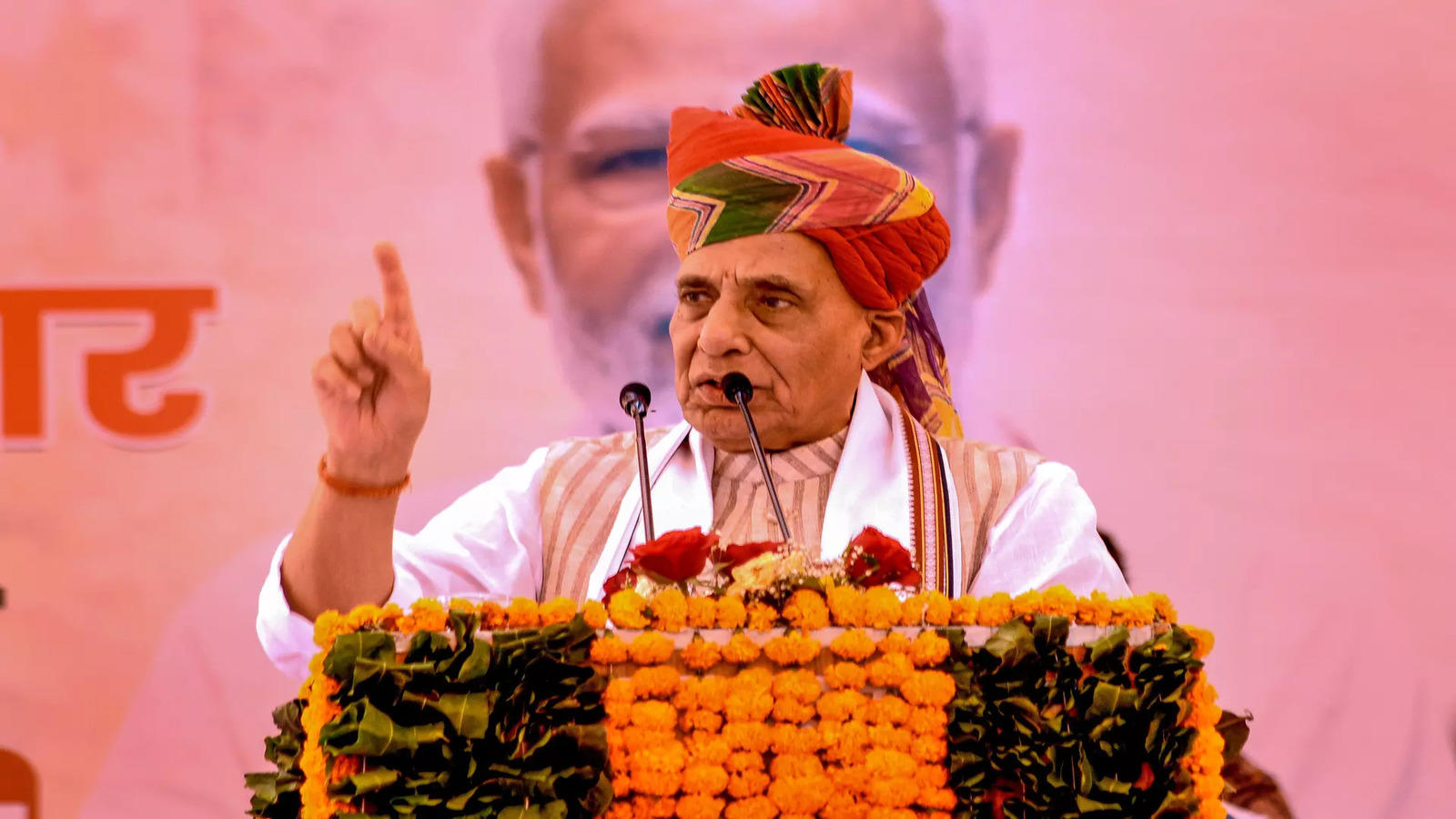Union Home Minister Amit Shah stirred controversy on Tuesday during a Lok Sabha poll rally in Assam’s Lakhimpur district, asserting that former Prime Minister Jawaharlal Nehru had abandoned Assam and Arunachal Pradesh with a dismissive “bye-bye” during the 1962 Chinese aggression. Shah’s remarks came in the backdrop of ongoing tensions between India and China along the Line of Actual Control (LAC) in eastern Ladakh.
Addressing the rally, Shah touted the Modi government’s handling of border security, claiming that under its leadership, China could not encroach “even a single inch” of Indian land. He cited the example of Doklam, where he asserted that India had successfully repelled Chinese incursions.
While Shah’s comments drew attention to historical grievances, particularly in Assam and Arunachal Pradesh, there was no immediate response from the Congress.
Shah also took aim at the previous Congress-led government, accusing it of failing to secure Assam’s border with Bangladesh, which he claimed was previously “open for infiltration.” He credited the BJP governments at both the Centre and in the state for curbing infiltration.
Highlighting the withdrawal of the Armed Forces (Special Powers) Act from 80% of Assam’s areas, Shah emphasized the BJP’s commitment to restoring peace and stability in the region.
With polling for all 14 Lok Sabha seats in Assam scheduled in three phases, Shah appealed to voters to support the BJP-led National Democratic Alliance (NDA), framing the choice as between the development-oriented policies of Prime Minister Narendra Modi and the alternatives represented by Rahul Gandhi and the INDI Alliance.
The development of the Northeast, Shah asserted, is integral to the overall growth and prosperity of the nation, urging voters to cast their ballots in favor of the NDA candidates.
As Shah’s remarks reverberate in the political landscape of Assam, they underscore the complex dynamics surrounding historical grievances, border security, and electoral aspirations in the region.






